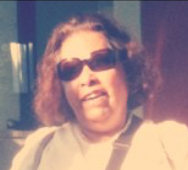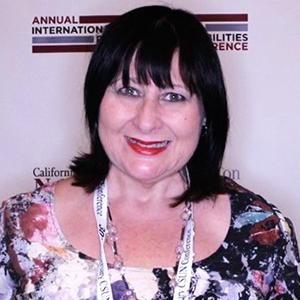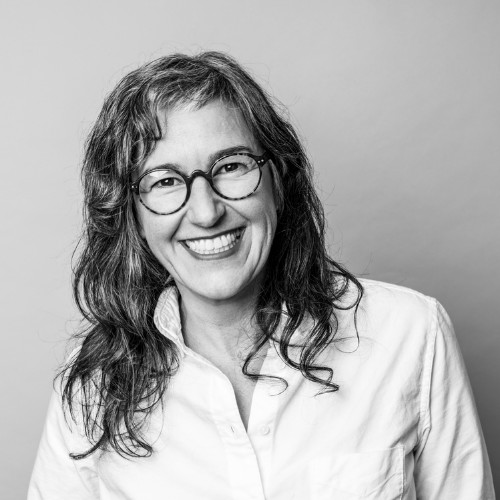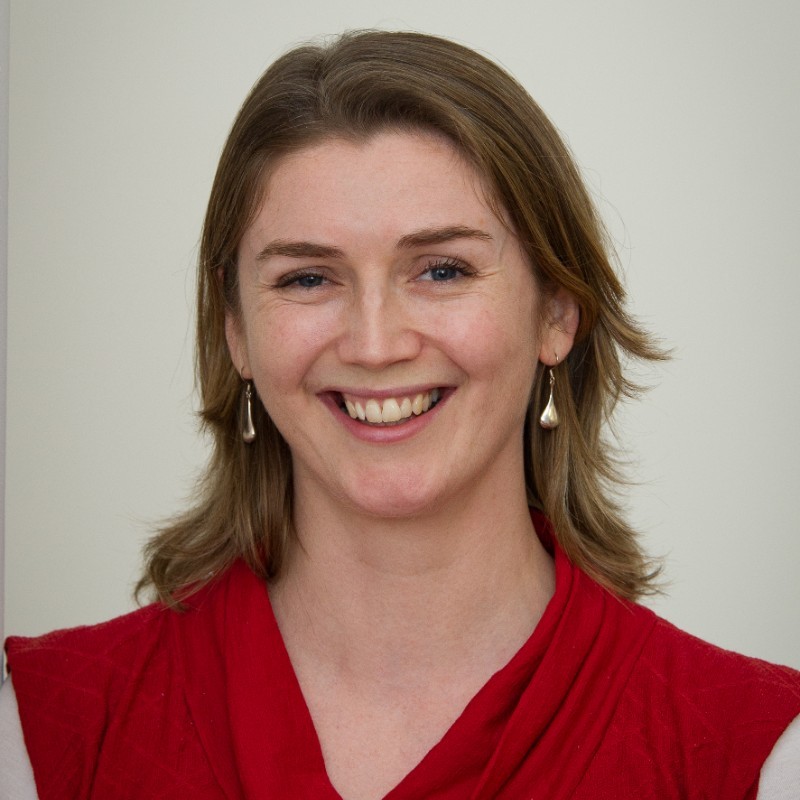Practice to Policy and Back Again
Time: 10:00am - 11:00am
Location: Ian Potter Auditorium, Kenneth Myer Building
This session explores co-design as an inclusive approach to designing public buildings. How are architects engaging with people with a disability when embarking on a new project? Are policymakers keeping inclusion at the forefront of their decision-making? Join experts from industry and academia to discuss this emerging area of concern.
The speaker presentations will be based on the following papers:
- One step from inclusion, Sharon Kerr and Roslyn Sackley
- Practice and Architects: Exploring Co-Design and Community Engagement, Tony Hinde
- Co-design in the context of universal design: Exploring the role of people with disabilities in the design of public buildings, Valerie Watchorn
About the speakers
 Aunty Roslyn Sackley is a proud Ngiyampaa/Wiradjuri woman from the Central West of NSW currently residing on the Central Coast. She has total vision loss through Meningitis as an infant. Ros has been an educator for most of her working life and has taught in the ACT and NSW in the primary, secondary, TAFE and university sectors. She has participated in various Indigenous/disability research projects notably with Dr Sharon Kerr. She has been involved in various disability organisations over many years and has served as an Indigenous representative on numerous committees. She established a micro business in 2015 and specialises in Braille and audio production but is pleased to collaborate in various projects. Additionally, she shows a keen interest in broader humanitarian concerns, including those affecting refugees and asylum seekers.
Aunty Roslyn Sackley is a proud Ngiyampaa/Wiradjuri woman from the Central West of NSW currently residing on the Central Coast. She has total vision loss through Meningitis as an infant. Ros has been an educator for most of her working life and has taught in the ACT and NSW in the primary, secondary, TAFE and university sectors. She has participated in various Indigenous/disability research projects notably with Dr Sharon Kerr. She has been involved in various disability organisations over many years and has served as an Indigenous representative on numerous committees. She established a micro business in 2015 and specialises in Braille and audio production but is pleased to collaborate in various projects. Additionally, she shows a keen interest in broader humanitarian concerns, including those affecting refugees and asylum seekers.

Sharon Kerr is a researcher and educator dedicated to equity of access to education and life opportunities for people living with disability. She is affiliated with The University of Sydney's Centre for Disability and Research Policy, and her work is founded on a human rights approach embracing universal design, cultural safety and person-centredness. Sharon has had an eclectic career that has included teaching and senior management roles in the university sector, consultancy and training for the TAFE/training sector, and classroom teaching/management K - 12 in the school sector. Additionally, she is globally recognised as having expertise in maximising engagement for students with intellectual, sensory, learning, psychological and physical disabilities. She brings to this symposium her lived experience of the impact that inaccessible architecture and infrastructure can have on families living with disability.

Tonya Hinde is a collaborative leader in the Australian architectural industry for healthcare design. In a sector notorious for being highly sensitive with multiple stakeholders and weighted with high level technical requirements, Tonya delivers creative and vibrant design outcomes for patients, families, staff and visitors alike. As Principal at Billiard Leece Partnerships, Tonya shares the organisation’s deeply held belief that our future is dependent on creating healthy buildings and environments, and that good design is instrumental to healing, by getting to the heart of what makes people feel better, sooner.
Her focus in healthcare design was truly established in 2011 through her work on the landmark Royal Children’s Hospital (RCH) in Melbourne. RCH represents a ground-breaking healthcare design opportunity, based on an evidence-based design principle that outside views shorten recovery times – it was ‘uniquely positioned as ‘the hospital in the park’. This powerful combination of expanded research in universal wellbeing, along with inspired design outcomes, has become Tonya’s signature.
In addition to the $955m RCH Melbourne, her healthcare projects include (but are not limited to) the $1.2b Perth Children’s Hospital, the $210m Wagga Wagga Health Services Redevelopment Stage 2, the $65m Albury Wodonga Regional Cancer Centre, the Centre of Excellence in Paediatrics, a $1.3b facility in Hong Kong, and the international award winning Orygen, the National Centre of Excellence in Youth Mental Health.

Valerie Watchorn is a Senior Lecturer and Course Director in the Occupational Therapy program in the School of Health and Social Development at Deakin University. Valerie is actively involved in research and education relating to environmental design, co-design, and assistive technology as enablers to inclusion and participation. Valerie prioritises working with people who have lived experience of disability and seeks to better understand how genuine participation in research, practice and education can be enhanced.
 Peter Raisbeck is Associate Professor of Architectural Practice at the Melbourne School of Design at The University of Melbourne. Since 2006 he has taught Architectural Practice, Design Activism and Contemporary Architectural Archives. His turn to Disability Studies and architecture is a result of his own lived experience of disability. In September of 2018 he was diagnosed with Motor Neurone Disease. He currently sits on the board of the MND research collective a national group of medical researchers working across the MND research landscape. He is a registered architect and sits on the committee of the Australian Institute of Architects National Committee on Gender Equity. His book, Architects, Sustainability and the Climate Emergency: A Political Ecology was published in November 2022. This book points to how architects can approach broad issues of well-being in light of the climate emergency.
Peter Raisbeck is Associate Professor of Architectural Practice at the Melbourne School of Design at The University of Melbourne. Since 2006 he has taught Architectural Practice, Design Activism and Contemporary Architectural Archives. His turn to Disability Studies and architecture is a result of his own lived experience of disability. In September of 2018 he was diagnosed with Motor Neurone Disease. He currently sits on the board of the MND research collective a national group of medical researchers working across the MND research landscape. He is a registered architect and sits on the committee of the Australian Institute of Architects National Committee on Gender Equity. His book, Architects, Sustainability and the Climate Emergency: A Political Ecology was published in November 2022. This book points to how architects can approach broad issues of well-being in light of the climate emergency.